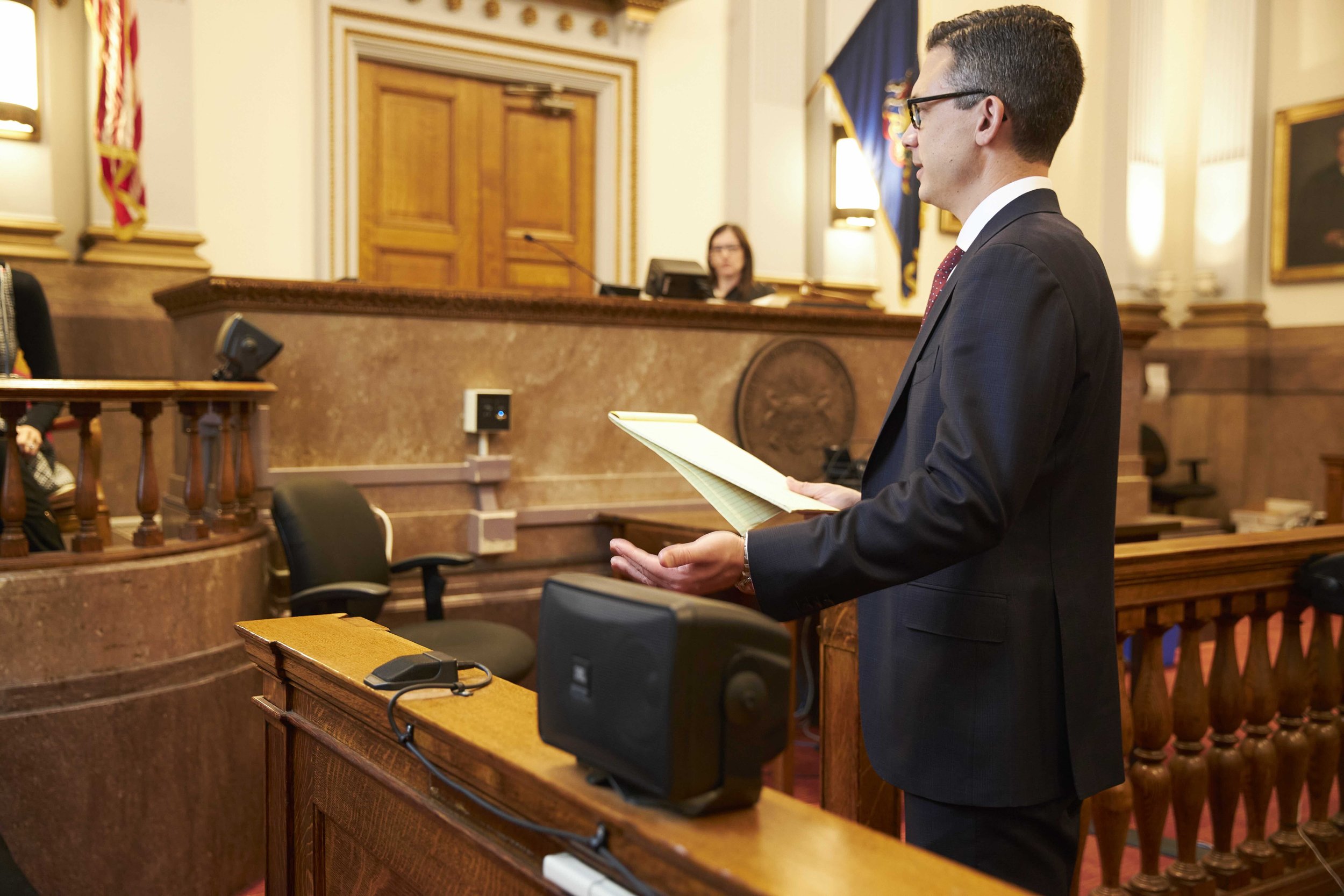Why Employ a Federal Crime Attorney: Secure Your Legal Rights with Expert Legal Help
Why Employ a Federal Crime Attorney: Secure Your Legal Rights with Expert Legal Help
Blog Article
Debunking the Process of Federal Appeals: What You Required to Know
Navigating the complex realm of government appeals can commonly appear like passing through uncharted waters for those unknown with the procedure. Comprehending the subtleties of appellate court jurisdiction, the details of filing a notice of charm, providing a compelling short, and making an influential dental debate are important parts that can dramatically affect the end result of an instance. By unraveling the layers of complexity bordering federal appeals, individuals can get a more clear understanding right into the mechanisms that regulate this critical stage of the legal system.
Recognizing Federal Appeals Refine
Looking into the intricate realm of the federal appeals process reveals a organized and methodical trip via the judicial system - federal appeal lawyers hobbs act. Federal allures work as an essential device for examining choices made by lower courts. Recognizing this process is essential for anyone entailed in legal process at the federal level
The procedure commonly begins with a celebration disappointed with a lower court's ruling submitting a notification of appeal. This causes a testimonial by a higher court, where a panel of judges evaluates the lawful debates presented by both celebrations. Briefs laying out the lawful thinking behind each party's setting are sent, and dental disagreements might be heard to make clear intricate issues.
The appellate court's decision is based on a comprehensive evaluation of the lower court's proceedings and the debates presented. When the appellate court gets to a choice, it can attest, reverse, remand, or customize the reduced court's ruling, offering clarity and finality to the lawful disagreement.
Appellate Court Territory Clarified

Appellate courts have jurisdiction over details sorts of instances, typically those involving lawful errors, procedural concerns, or questions of law instead than factual disagreements. The jurisdiction of appellate courts is normally laid out in statutes and regulations that control the court system. Recognizing appellate court territory is critical for parties included in the charms process as it determines whether a case is qualified for testimonial and the level to which the appellate court can interfere in the lower court's choice.
Declaring a Notification of Appeal
The initial step in beginning the federal appeals process entails filing a Notice of Allure with the ideal appellate court. best federal appeal lawyers in new york. This crucial record officially notifies the court and the various other celebrations involved in the situation that the appealing party means to seek a testimonial of the lower court's choice. Filing a Notification of Charm is a strict step-by-step need that sets the appellate process in motion
When preparing the Notification of Appeal, it is important to make certain conformity with the details guidelines and standards of the relevant appellate court. The record should typically include details such as the situation name, the reduced court's name, the day of he said the judgment being appealed, and a concise statement indicating the grounds for the charm.
Timeliness is important when filing a Notice of Charm. Missing the target date for sending this document can lead to the allure being disregarded, underscoring the importance of timely and exact initiation of the charms procedure. It is suggested to seek legal assistance to browse the intricacies of submitting a Notification of Appeal effectively.
Rundown and Dental Argument
In the appellate process, providing composed briefs and involving in dental arguments play critical functions in advocating for the appealing party's placement prior to the appellate court. Briefs are extensive legal papers that lay out the parties' arguments, legal authorities, and evaluation sustaining their settings. These written entries supply the court with a comprehensive understanding of the facts of the situation, the relevant law, and why the appealing party believes the lower court's decision ought to be overturned.
Following the submission and review of the briefs, dental debates supply the events a chance to additional clarify their positions, attend to any questions the appellate judges might have, and emphasize key points from their written briefs. Oral debates are a possibility for the lawyers to convince the judges through spoken advocacy and responses to questions from the bench.

Getting the Appellate Court Decision

Verdict
Recognizing the appellate court territory, submitting a notice of appeal, preparing briefs, and presenting dental debates are all vital components of this process. Inevitably, receiving the appellate court choice can supply clearness and resolution to lawful disputes.
As we proceed from understanding the government allures process to exploring the details of appellate court jurisdiction, an essential facet comes to light regarding the authority and limits of these higher courts in the legal landscape. Appellate court territory refers to the extent of cases that a particular appellate court has the power to choose and evaluate upon. Unlike trial courts that hear instances for the initial time, appellate courts are restricted to assessing choices made by reduced courts. Comprehending appellate court jurisdiction is important for celebrations involved in the charms process as it figures out whether an instance is qualified for testimonial and the level to which the appellate court can interfere in the lower court's decision.
Whether the appellate court affirms, reverses, or remands the lower court's decision, understanding the implications of the ruling is essential for all celebrations included in the appellate process.
Report this page